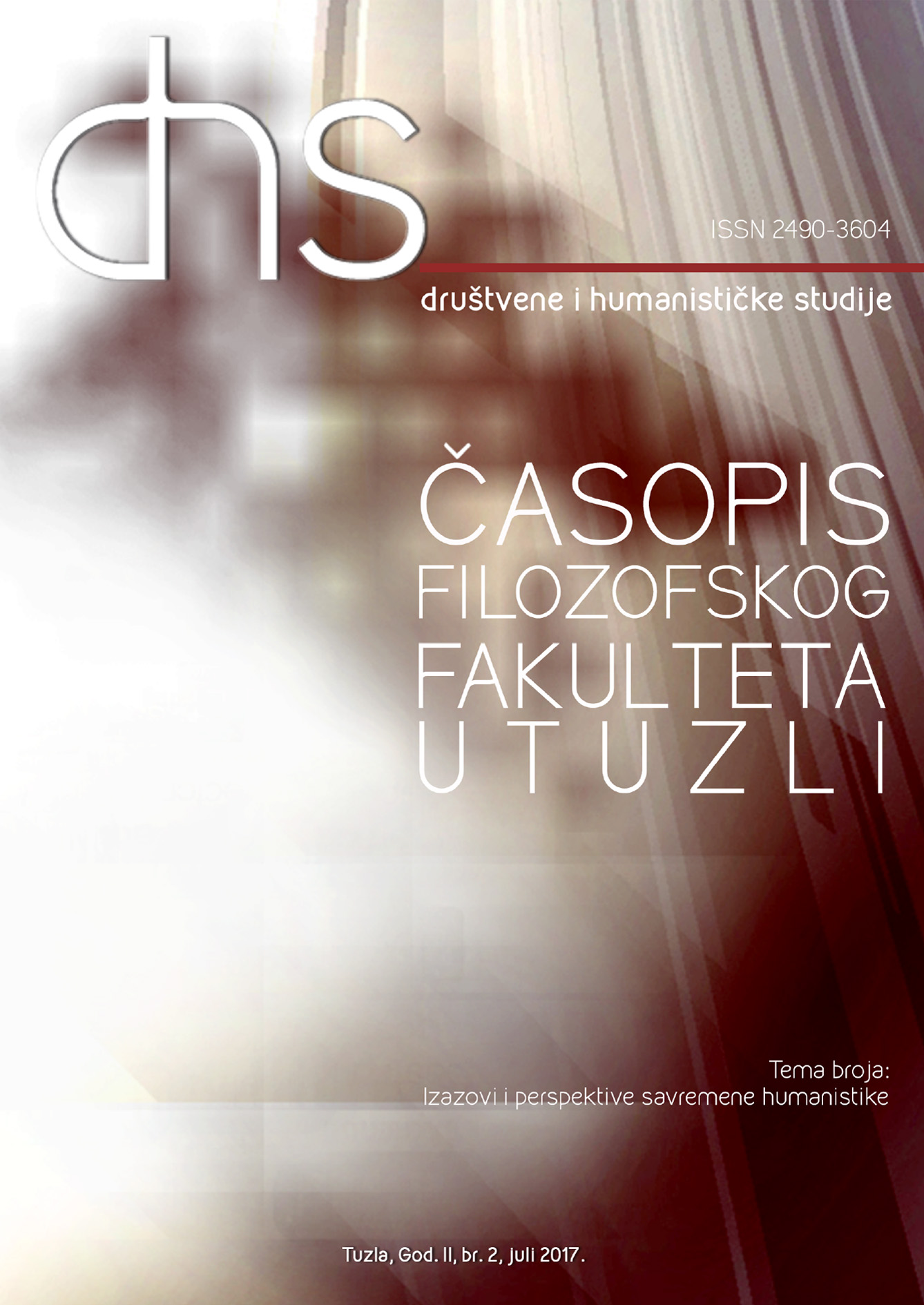Redefiniranje islamske tradicije Bošnjaka i islamofobija
Redefining the Islamic Tradition of Bosniaks and Islamophobia
Author(s): Emir DžambegovićSubject(s): Politics, Theology and Religion, Islam studies, Politics and religion
Published by: Filozofski fakultet Univerziteta u Tuzli
Keywords: Islamophobia; tradition; Bosniaks; Islam;
Summary/Abstract: With the withdrawal of the Ottoman Empire from Bosnia and Herzegovina, history notes an endeavour to redefine the presence of Islam and Muslims in the Bosnian society as a presence of a foreign element. In relation to that, politics, which ranged from limiting the presence of Islam as an element of identity, to its suppression by assimilation, to elimination, in a physical sense as well as a self-concept, were used. That process, which was led during peace and war times, is nowadays defined as Islamophobia. When talking about the way of life under Islam, or rather the modus Vivendi and modus operandi of Islam, it’s been constant in BiH and takes place in complicated social circumstances. Therefore, in this work, we will present the challenges and offer possible solutions for the modern Bosnian society. In that sense, it is important to mention new, neo salafi movements, which intend to redefine the Islamic sanctity. In exploring the Islamic tradition of Bosniaks, especially under the conditions of the Islamophobic discourse which is present in the world, the Islamic Community in BiH plays an important role. But, in order to achieve actual impact in preserving tradition and the balanced path, it is necessary to answer the question: “What is the Islamic tradition of Bosniaks?”. In order to prevent a redefining, it is important to take a stand to Arabic folklore tradition of Islam which aims to present itself as the only authentic, and in that sense the relation towards other and different traditions. Also, it is also to take a stand to the pro-socialist interpretation of the role of religion in society, which aims to redefine religion as an irrelevant social phenomenon which leads to the crumbling of social relations, while trying to establish animosity towards religious freedom as a determining identity factor.
Journal: DHS-Društvene i humanističke studije: časopis Filozofskog fakulteta u Tuzli
- Issue Year: II/2017
- Issue No: 2
- Page Range: 267-283
- Page Count: 17
- Language: Bosnian

